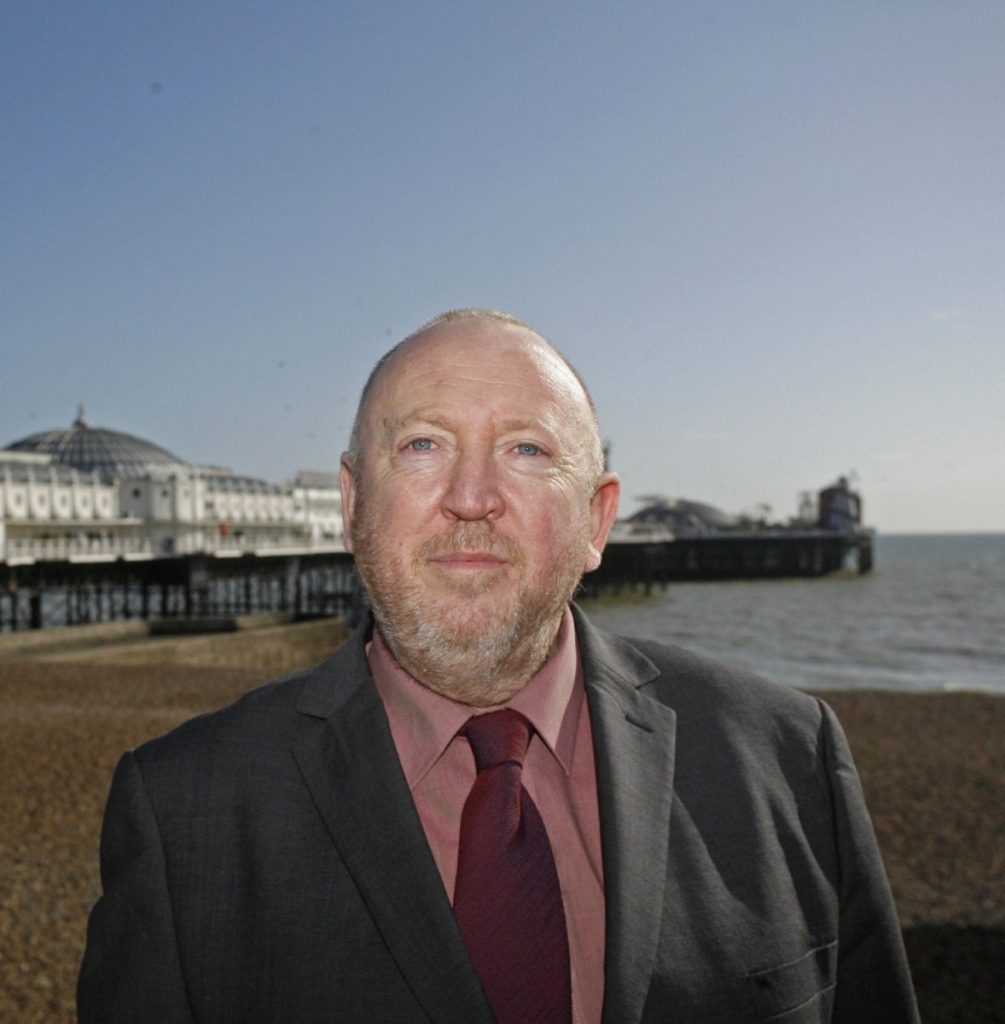Comment: We’re locking people up for the crime of being born outside the UK
By Keith Taylor
Yashika Bageerathi was in detention on Mothers' Day. She may not see her mother for quite some time.
The 19-year-old, who is currently studying for her A-levels in North London, was one of about 3,000 people who spent the day locked up in one of Britain's immigration removal centres. Her crime? Fleeing an abusive relative in Mauritius and trying to make a life for herself here in the UK.
As Yashika suffered spent Mothering Sunday alone, another tragedy was unfolding at the very same centre. The Home Office has confirmed that a 40-year-old woman died there early on Mother's Day morning, following a heart attack.


The Labour party has rightly demanded an inquiry into the latest of a long list of deaths of people in detention. But, while we must shine a spotlight on the worst cases of harm in detention centres, it is also worth pondering for a moment why it is that we continue to lock up over 25,000 people in immigration detention in the first place.
The argument in favour of migrant detention centres says that they help speed up the removal of illegal immigrants and that they are used as a last resort. But here in Britain, where we detain more migrants than any other EU country, detention is all-too-often the first port of call for people suspected of 'being illegal'.
Earlier this year, on a cold winter’s day, I visited Campsfield House, one of the four detention centres in my constituency. The conditions, it must be said, seemed good, especially in comparison to those reported at other detention centres. As one of the managers of the centre said: "Ultimately, many of the people here have committed no crime, so we try and treat them well."
The detainees were free to do as they pleased within the facility and the staff working for MITIE, the firm running the centre, seemed to try their best to foster a good relationship with them. But the utter tragedy of locking people up who had done no wrong was overpowering.
Some of the people who pass through detention centres have lived in the UK for years and just happened to be picked up by the police. At Campsfield I heard the tragic story of people who had driven to the shops, only to be stopped for speeding and, unable to prove their right to be in the UK, were quickly taken to a detention centre for deportation.
"People come through the doors worrying about their dogs starving at home," said one of the centre managers. They might have lived here for years, have a family, and then, all of a sudden, they find themselves facing deportation to a country that hasn't been their home for a decade or more.
Most people who end up in detention centres don't stay long, but some can remain for years without justification. There is, in fact, no limit to the amount of time someone can be held without trial in an immigration detention centre. These centres defy the concept of 'no detention without trial' and deny people of their liberty without a set release date.
The majority of migrants leaving detention after a year or more are actually released back into the UK, rather than deported. Many of those in detention centres suffer from serious emotional harm. Since 2007, there have been over 1300 suicide attempts at UK detention centres.
It's worth remembering that migration detention isn't only an immigration management tool, it's also a political one. Nothing says 'tough on migrants' better than locking foreign born people up without trial. But what government minsters don't want to talk about is the fact that humane alternatives to detention exist which cost less and protect people's liberty.
The evidence on alternatives to detention is formidable. Studies from a number of countries across the world show that non-detention alternatives to removal are both possible and successful. In Canada, for example, people are released to live in the community with the help of a government funded NGO that provides a range of services which help navigate Canada's asylum system. The scheme, which saves the government over £100 a day, has a very low rate of absconders and allows people to live freely while their case is resolved.
Similar schemes exist across the world, from Belgium to Hong Kong, and the rates of voluntary return in those countries with less harsh systems is higher. According to a report by the Jesuit Refugee Service Europe, those countries which treat migrants with respect, and provide them with enough financial support to live in dignity, are less likely to see people slip 'below the radar' and disappear. The case for letting those facing deportation live in the community wherever possible is overwhelming.
In this country we have an immigration policy that puts a limit on who can come here to live. Whilst this law remains, it's clear that some people will enter illegally and won't be allowed to stay. But detention centres, which cause people serious harm and cost the taxpayer £110 per detainee per day, should be the very last resort.
No matter how good the facilities or how friendly the staff, immigration removal centres will always remain inhumane when they incarcerate people whose only crime is being born in a country that isn't the UK.
It's time for us as a country to stand up against detention without trial and to put fair treatment at the heart of our immigration system.
Keith Taylor is Green MEP for South East England. Follow him on Twitter.
The opinions in Politics.co.uk's Comment and Analysis section are those of the author and are no reflection of the views of the website or its owners.









